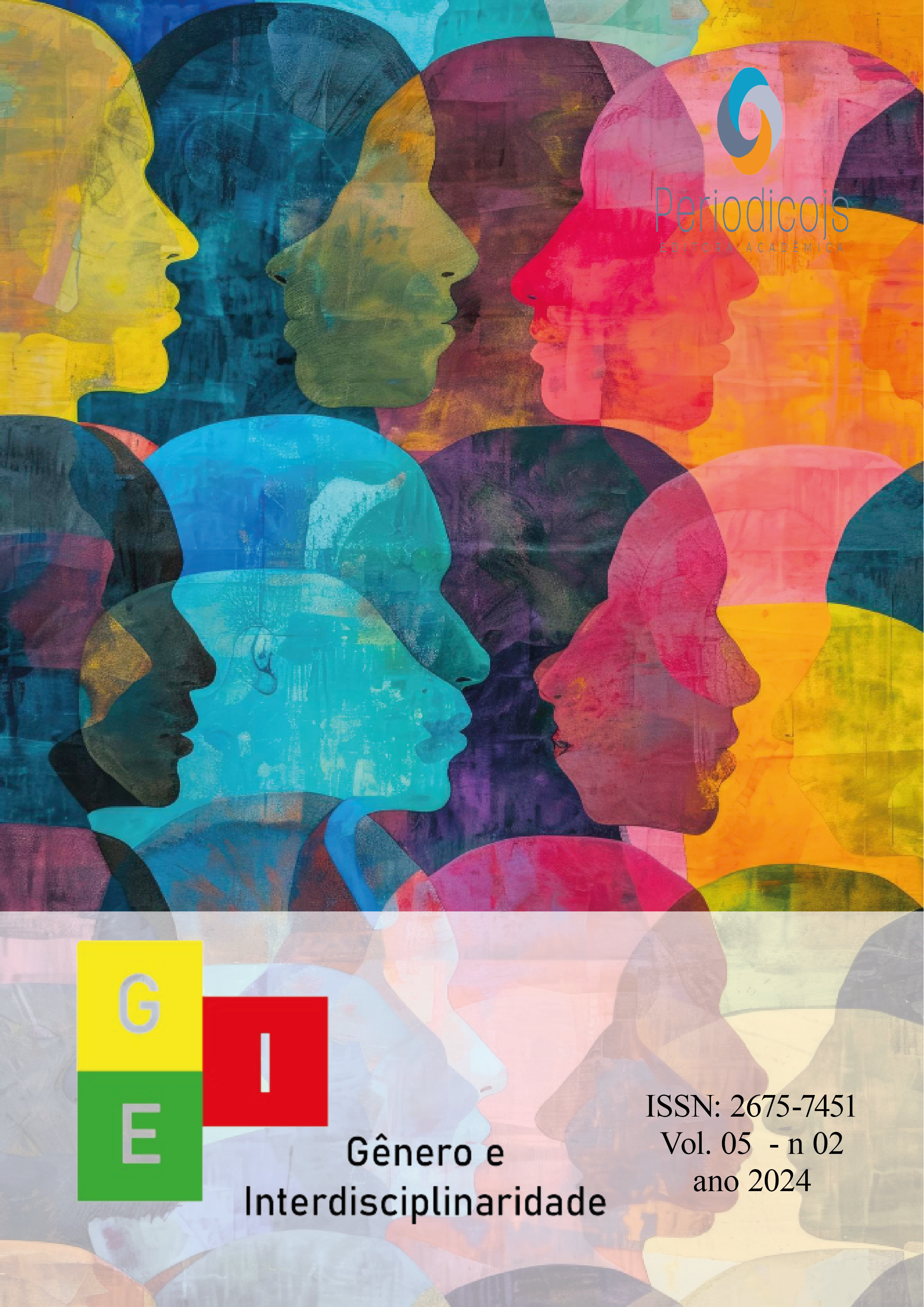Resumo
This article aims to present the Writing and Reading Project: a Right for Everyone, developed by me for Escola Municipal Expedicionário Aquino de Araújo. The genesis occurs from concerns and questions as a teacher in the Municipal Networks of Rio de Janeiro (1990 to 1995) and Duque de Caxias (since 1987) in relation to learning to read and write by students and teaching by teachers. Throughout the work, the importance of orality is proposed, for two reasons: it precedes writing and is forgotten at school for the construction of a good text. Speaking and writing as different discursive practices in the same linguistic system. Writing as a point of arrival, as it is carried out in the social sphere. Thus, students are guaranteed the use of their citizenship and taught how to produce texts in the most varied situations. Writing will be given relevance because we live in a literate world where different textual genres circulate. How to teach without the main tool? The text. In this case, the literary text. Another occupation is the path to be taken between the starting point and the arrival point: the student's difficulty in elaborating, concatenating and articulating ideas to develop or transcribe what is thought. How to coordinate all this? How to understand and produce a text without other skills: listening, speaking and reading? Another relevant point is the teaching of grammar in the text, that is, the teaching of grammatical content through the handling of texts. Is Productive Language Teaching possible, filled with reflective activities, that is, creating epilinguistic analysis activities?
Referências
Simões, Darcília. Marindir Pinto. Considerações sobre a fala e a escrita/Darcília Simões-São Paulo: Parábola Editorial, 2006.
Marcuschi, Luiz Fala e escrita. Luiz Antônio Marcuschi e Angela Paiva Dionisio. 1. ed., 1. reimp. — Belo Horizonte: Autêntica, 2007.
Brasil. Secretaria de Educação Fundamental. B823p Parâmetros curriculares nacionais: língua portuguesa / Secretaria de Educação Fundamental. – Brasília: 144p, 1997.
Geraldi, João Wanderley (org). Portos de Passagem, São Paulo: Martins Fontes, 1991.
Soares, Magda. Letramento: um tema em três Gêneros. Belo Horizonte: Autêntica, 2001.
Parâmetros Curriculares Nacionais do Ensino de Língua Portuguesa do Ensino Fundamental.
Bakhitin, M. (1929). Marxismo e Filosofia da Linguagem. Tradução de Michel Lahud e Yara F. Vieira. 2ªed., São Paulo. Hucitec, 1982.
Passareli, Lílian Ghiuro. Ensino e correção na produção de textos escolares/Lílian Ghiuro Passareli -1 ed.-São Paulo: Telos, 2012.
Campos, Elísia Paixão de. Por um novo ensino de gramática: orientações didáticas e sugestões de atividades /Elísia Paixão de Campos-Goiânia: Cânone Editorial, 2014.
Antunes, Irandé. Lutar com palavras: coesão e coerência/Irandé Costa Antunes-São Paulo: Parábola Editoral, 2005.





